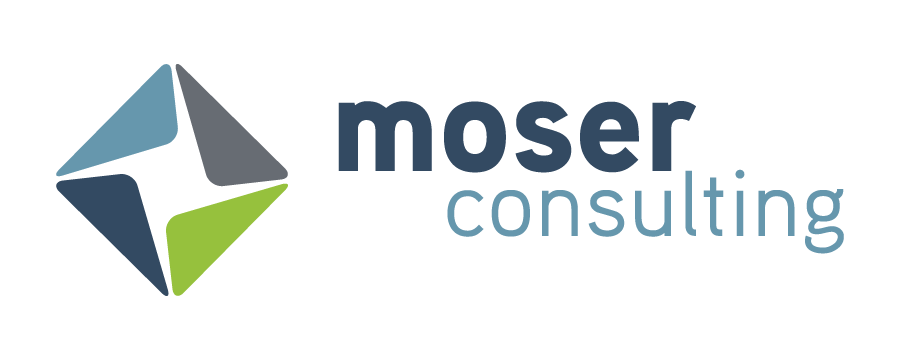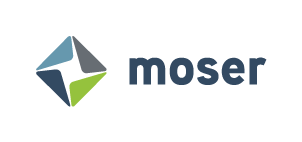
Moser Learning Blogs:
Guidance from Our Subject Matter Experts
Tags
- Acceptance
- Adversity
- Belonging
- Charity
- Coaching
- Community
- Compassion
- Conflict Management
- Continuous Learning
- Corporate Culture
- Customer Experience
- DEIB
- Data-Driven Learning
- Diversity
- EQ
- Education
- Emotional Disabilities
- Emotional Support
- Empathy
- Enhanced Utilization
- Equity
- Facing Adversity
- Fatherhood
- Gap Report
- Growth
- Handling Change
- Hiring
- Human Centric Skills
- Inclusion
- Intellectual Disabilities
- Job Benchmarking
- Job Candidates
- Job Standards
- Knowledge
- LMS
- LMS Reporting
- Leadership
- Learner Performance
- Learning
- Learning Management System
- Neurodivergent
- Neurodiversity
- Personalized Learning
- Philanthropy
- Problem Resolution
- Project Execution
- Project Management
- Project Outcomes
- ROI
- Resiliency
Focusing on Emotional Intelligence: How Organizations can Benefit
You have probably heard the term “emotional intelligence” (also known as EQ), but wondered what exactly does it mean? You may have also wondered why you should care about it, particularly in the workplace where we should be controlling our emotions and acting in a professional, rational manner. It turns out that, whether we realize it or not, many of us are already familiar with the concept of EQ, and there are multiple reasons why we should care about it, especially in the workplace.
The Importance of Empathy Training for Your Healthcare Workforce
Healthcare is a service-oriented field that requires practitioners to think beyond the physical needs of their patients. To provide effective and compassionate care, healthcare professionals must be able to connect with their patients on an emotional level. To do this, they must have empathy skills. Educating your healthcare workforce in empathy skills can lead to improved patient outcomes and increased job satisfaction among staff. Let’s look at some of the benefits of training your healthcare workforce in empathy skills.
What are the Most Common Hiring Mistakes?
From not preparing job benchmarks to ignoring a candidate’s personality, hiring mistakes can be a major setback to the growth of any organization.
Finding the Perfect Candidate
We’ve heard it said “it’s a seller’s market”, but in these times, I believe we are in a “candidate’s market”. Candidates are looking for maximum benefits and flexibility from an employer and it’s competitive out there when searching for the great candidates. Afterall, if we find a candidate that fits, we want to keep them!





